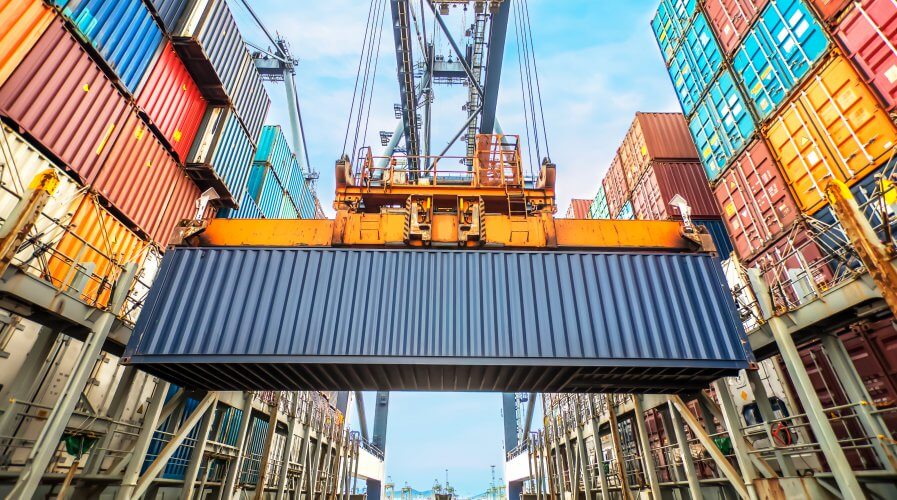
Booking marine freight might become a breeze for exporters. Source: Shuterstock
Here’s how an Indian logistics company plans to Uber-ize shipping
YOU love Uber because it takes the pain out of commuting to work (and sometimes to parties). If you were an importer or exporter, wouldn’t you love doing the same thing with your products? Picking up your phone, selecting your destination, and choosing the best ride for the best price?
It might be an oversimplification but that’s exactly what ECU Worldwide, a division of India’s Allcargo Logistics is planning to do – for marine freight.
“Internet companies like the Ubers of the world have successfully converted their aggregation model with robust technology infrastructure. The idea is to help its customers to make it simple to conduct their business with ECU Worldwide, from any corner of the world through their devices,” said Allcargo chairman Shashi Kiran Shetty in a recent interview.
ECU Worldwide is a traditional “non-vessel operating common carrier”. The company doesn’t own a ship but instead, owns slots for cargo, a business model similar to Uber and other ride-hailing companies.
After Uber’s strikingly high valuation, companies are trying to build information technology infrastructure to its potential e-commerce opportunities.
“The Uber modeling in consolidated cargo logistics is an ambitious and innovative move. But the challenge will be on the ease of transaction in the export-import trade where there are many regulatory checkpoints, which is in third-party control, compared to a direct business-to-customer model of Uber,” said Mathew Antony, Managing Partner of a Mumbai-based advisory firm specializing in infrastructure, logistics, and real estate industries.
The idea, though compelling, isn’t new.
“The difference now is the availability of more advanced information technology, including cloud services and smartphones. This makes it possible to create a vast, reliable information environment on which all actors can rely on, and through which they can access their needed planning and logistics information in real time. The only thing keeping us in the “let me have one truck at my warehouse tomorrow morning at 8 a.m.” mode of thinking is simple inertia in the industry, ” said Frank Kho is Vice President, Market Intelligence, Strategy and Development at Kalmar in the Netherlands.
The reason for this inertia, Kho explained, is that contractual, business and earnings models will all need to change, which makes it difficult to accept. And yes, picking up a random passenger – or even a parcel – for small change is one thing, and handling a 30-ton shipping container is quite another. However, Kho is confident this Uber-ization will be a reality soon.
Kalmar's Frank Kho in Port2060 blog:"Uberisation will have a significant impact on the container shipping industry." https://t.co/YWbJImtfiT pic.twitter.com/IO37H11N4d
— Kalmar (@Kalmarglobal) May 2, 2017
READ MORE
- Ethical AI: The renewed importance of safeguarding data and customer privacy in Generative AI applications
- How Japan balances AI-driven opportunities with cybersecurity needs
- Deploying SASE: Benchmarking your approach
- Insurance everywhere all at once: the digital transformation of the APAC insurance industry
- Google parent Alphabet eyes HubSpot: A potential acquisition shaping the future of CRM


